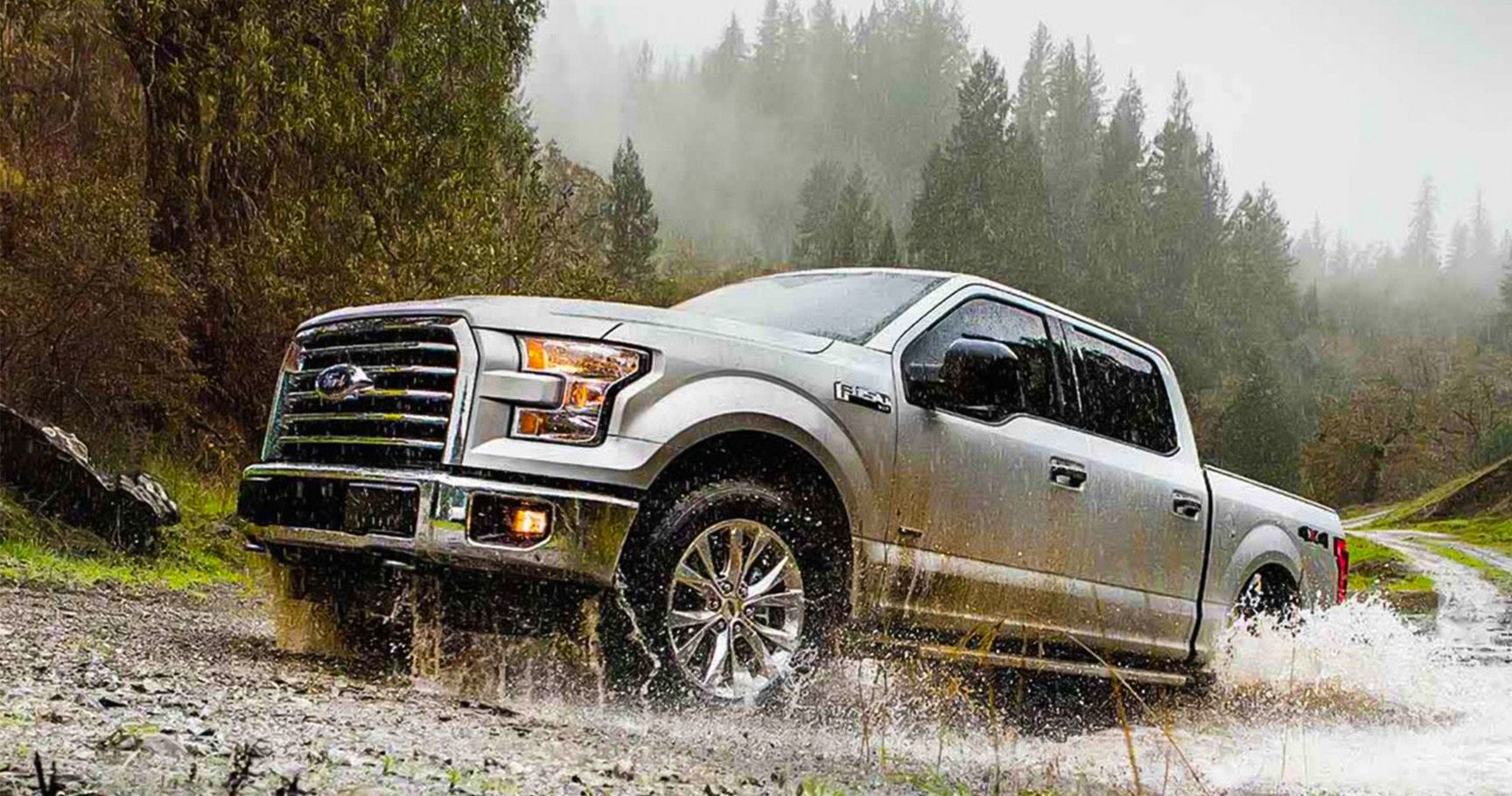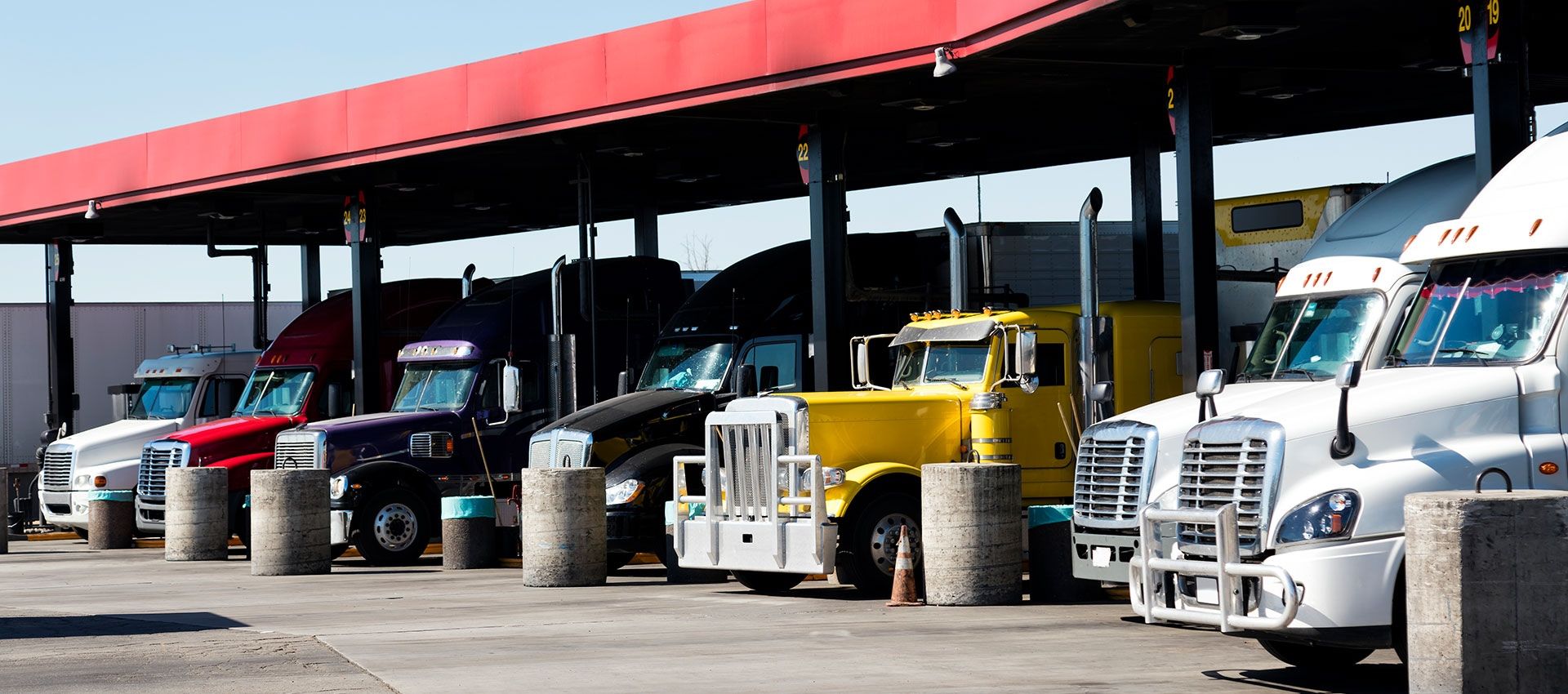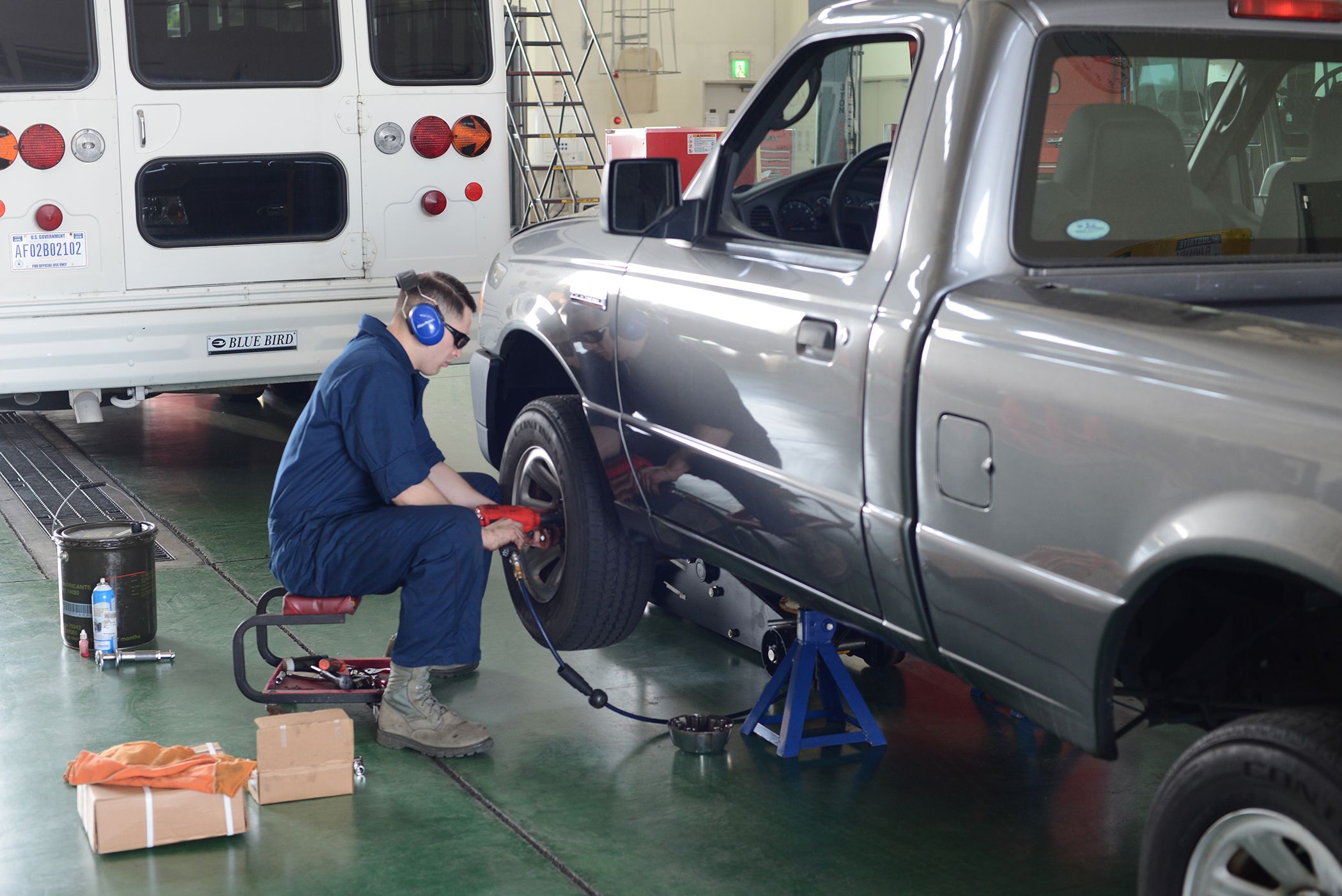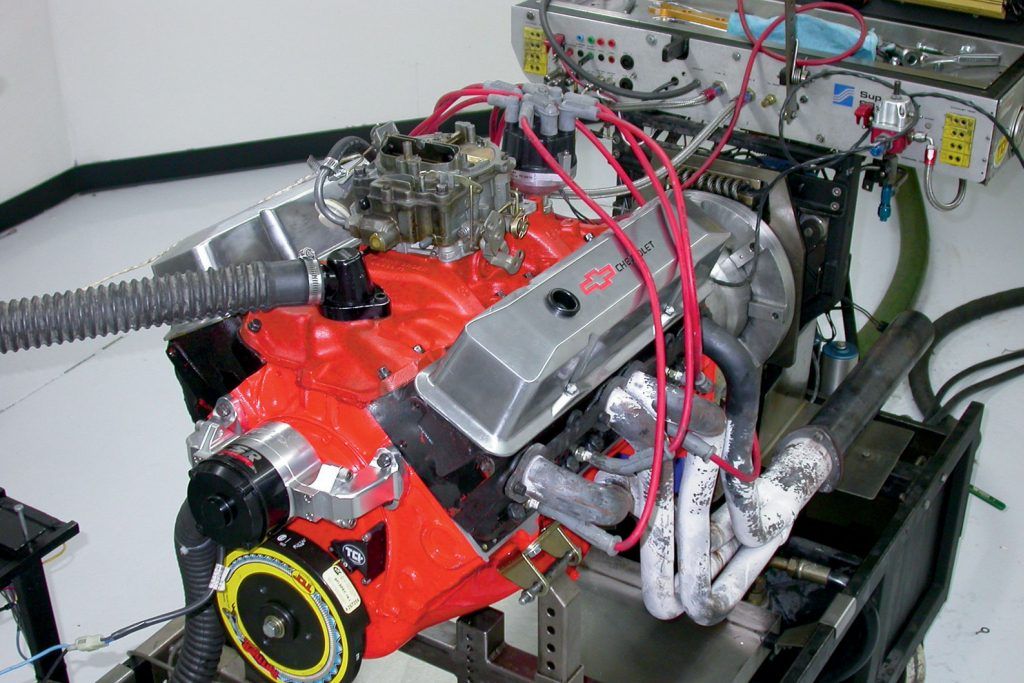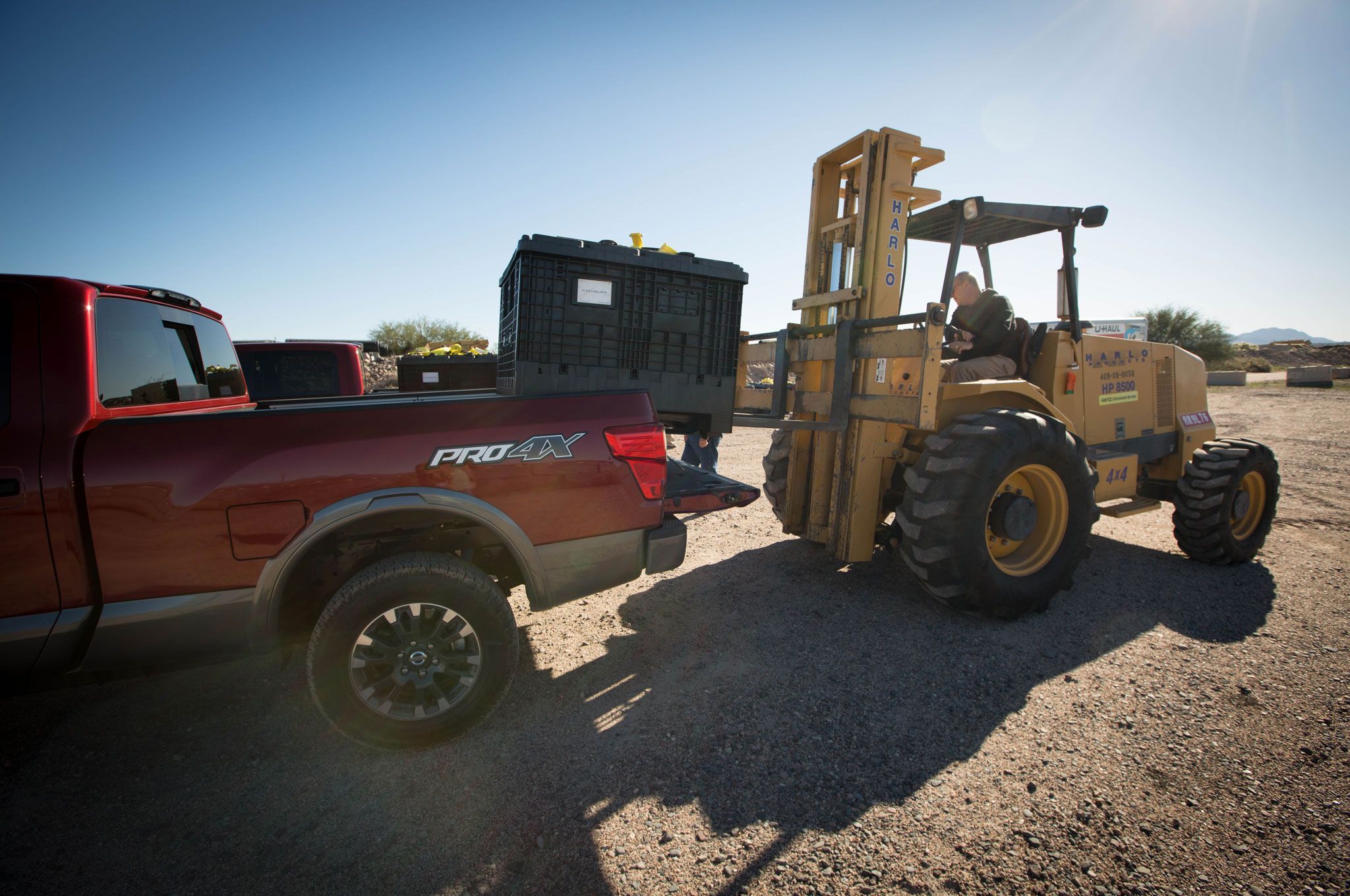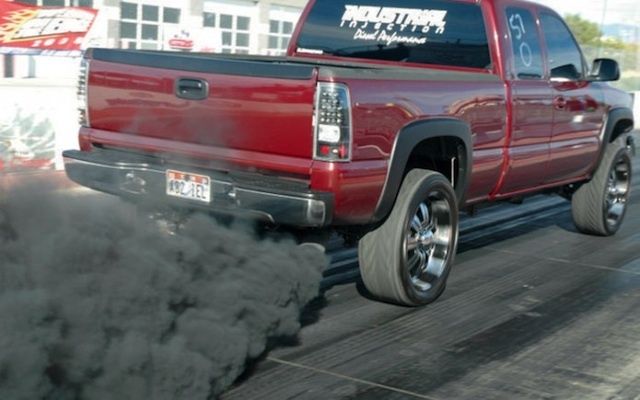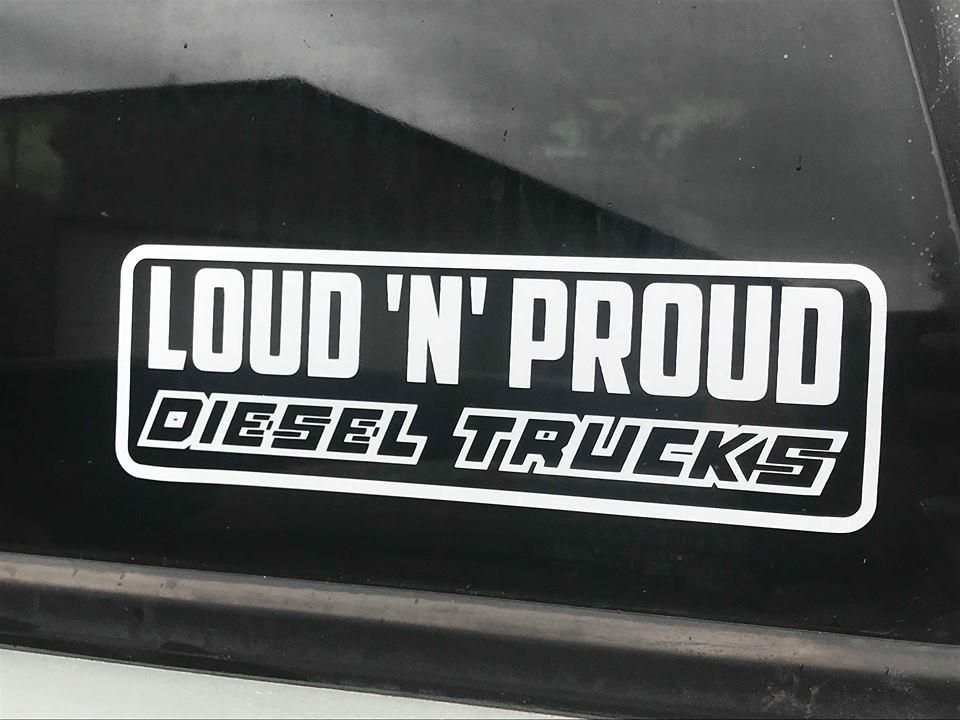The diesel engine vs. the gasoline engine. This is an age-old question that has no clear-cut winner. There are advantages and limitations to both; for some people, the diesel engine is best and for others, the gasoline engine wins out. The key to answering the question for each truck buyer is in determining exactly how your truck will be used. Only after deciding how your truck will be used should you choose the engine type. It will be dependent on a ratio of performance, fuel efficiency, and budget - and what is best for you might not be best for someone else... even with the same truck!
10. Fuel Economy
By design, the diesel engine operates with a combustion process that's leaner (less fuel in the mixture), burning less fuel than a gasoline engine. Diesel fuel also has higher energy density than gasoline, so diesel engines also require less fuel to generate the same power as gas. These two factors improve overall fuel economy giving diesel-powered trucks the edge in fuel economy over gasoline powered trucks.
Related Review - Ford F-150 Power Stroke Diesel - Diesel Efficiency Meets Ford Toughness
9. Fuel Cost
Being more fuel efficient does not necessarily make the diesel engine cheaper to drive. Gasoline cost less per gallon than diesel fuel, giving gasoline the edge. Diesel fuel averages around 32 cents more per gallon than unleaded gasoline due to higher taxes and environmental restrictions, offsetting the supposed diesel savings. The extra mileage you get with the diesel engine might not save as much at the pump as you thought.
Related Ford F-150 Diesel MPG Gets Official Fuel Economy Ratings
8. Vehicle Cost And Resale
The price tag of your truck will also depend on how much you will drive it. Around 30,000 miles per year is the point when a diesel purchase will start to pay off. Driving any less than that and the price of the upgrading to diesel is not justifiable - if fuel savings is your goal. A quick search on the used truck market will also tell you that diesel-powered trucks command a higher price upon resale, which is worth taking into consideration.
7. Maintenance Cost
Regular maintenance on a diesel is going to cost more than a gasoline engine. Diesel engines have components that are either not found on gasoline engines or require servicing more often. Oil reservoirs are larger, and the water separator and fuel filters require replacement more often in diesels. Oil capacities also tend to be higher. Gasoline engines have longer service intervals for engine oil, spark plugs, and engine coolant, giving gasoline engines the edge in engine maintenance. Along with high maintenance costs, another factor to consider is the higher insurance costs for diesel trucks due to the higher cost of repair and maintenance.
6. Engine Longevity
The design life is shorter for a gasoline engine than a diesel engine. Diesel engines have high-compression ratios and high cylinder pressure, and as a result, they require sturdier engine parts. Bigger, sturdier block and cylinder heads, valves, crankshaft, and pistons are necessary to dissipate the higher engine temperatures and the higher compression ratios attained in a diesel engine. A diesel engine exhaust system will also outlast a gas engine exhaust system because diesel fuel exhaust is not as corrosive as gasoline engine exhaust.
The diesel engine's operating efficiency is another key to its longevity. The diesel achieves higher torque at much lower speed, operating at a lower rpm, a greater percentage of the time than gasoline engines. The lower engine speed translates into fewer times a piston has to move up and down and the fewer times a valve must close, leading to less wear and tear.
5. Torque
The torque advantage of diesel engines is that they are better suited for pulling heavy loads. The relatively high-compression ratio necessary to ignite the diesel fuel allows the diesel engine to generate all its torque and power at a lower rpm (as we've covered above). This doesn't just help diesel engines last longer, but makes them a much better choice for towing. While appropriate in some cases, using a gasoline truck for heavy towing will usually result in significantly reduced engine life and increased gasoline consumption.
Related GMC Sierra Diesel Power & Other Specs Leaked
4. Payload
Diesel powered pickup trucks are heavier than their gasoline counterparts, giving gas-powered trucks a higher rated payload capacity. That, however, can be deceiving when maximum towing capacity and capability to tow (due to torque) of a diesel pickup is taken into account. Towing trailers across town can be done with a gas truck, but if you plan on towing long distance or crossing mountain ranges then diesels come into their own.
3.Environmental Impact
Dirty emissions; the curse of the diesel engine. Anyone who has ever had the misfortune of driving directly behind an early model diesel truck is aware of the smell and soot that they often produce, particularly when accelerating from a dead stop. The good news is that due to government restrictions today’s diesel trucks run cleaner than they have in years past. If your concern is about the environment, you will like the fact that they will be using less fuel. Along with the increased emission restrictions, the diesel and gasoline engines of today are actually fairly even on damage to the environment.
Related: 10 Fastest Electric Vehicles In The World
2. Fuel Availability
Having a gasoline engine will give you the advantage of fuel availability at the pump. Not every station has diesel available, although most of the larger ones do. This could cause problems while you are low on fuel looking for places to fill up - especially if you aren't in an area with a high concentration of gas stations to choose from. For your business, it could cost you more if your employee has to drive around looking for a place to fuel up while on the clock. Google Maps can help, though, with features that will even show how much fuel costs at every station nearby.
1. Ride Comfort and Noise
Traditionally, diesel-powered trucks have had the reputation of being noisy and clattery. Today’s diesel trucks benefit from current technology and building methods that make for a much quieter and smoother ride than in the past. Despite these improvements, diesel owners will notice that their truck engines are not as smooth or quiet as their gasoline-powered counterparts and the ride will be rougher due to stiffer suspension to compensate for the extra weight of the diesel trucks.
Which is better for your truck? Are you using it to pick up the kids, impress your friends, and pick up a load of new furniture when you need, or are you dragging a trailer across the county week after week? While both options offer their own advantages only you can decide what is best for you.

